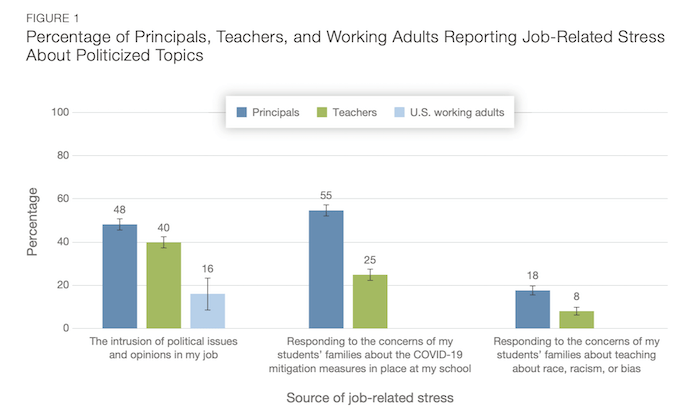By Jeff Bryant
The recent revolt against standardized tests as well as legislative concern over testing corruption are just some of the of the signs of an approaching education “revolution.”
“It’s always hard to tell for sure exactly when a revolution starts,” wrote John Tierny inThe Atlantic recently. “I’m not an expert on revolutions,” he continued, “but even I can see that a new one is taking shape in American K-12 public education.”
Tierney pointed to a number of signs of the coming “revolution:”
Teachers refusing to give standardized tests, parents opting their kids out of tests, and students boycotting tests.
Legislators reconsidering testing and expressing concerns about corruption in the testing industry.
Voucher and other “choice” proposals being strongly contested and voted down in states that had been friendly to them.
Tierney linked to a blog post by yours truly, “The Inconvenient Truth of Education Reform,” explaining how the movement known as “education reform” has committed severe harm to the populations it professes to serve while spreading corruption and enriching businesses and political figures.
Echoing Tierney, on the pages of Slate, The Nation, and elsewhere, David Kirp, education professor and author of a popular new book casting doubt on competitive driven, market-based school reform, declared that cheating scandals and parent rebellions over high stakes standardized testing were proof that much ballyhooed reform policies championed by New York City Mayor Michael Bloomberg and Education Secretary Arne Duncan are not “a proven – or even a promising – way to make schools better.”
Kirp declared that mounting evidence from school reform efforts in major U.S. metropolitan areas reveals “it’s a terrible time for advocates of market-driven reform in public education. For more than a decade, their strategy – which makes teachers’ careers turn on student gains in reading and math tests, and promotes competition through charter schools and vouchers – has been the dominant policy mantra. But now the cracks are showing.”
In a legislative view, the Progressive State Network, which supports left-leaning state legislators and monitors legislative policy in state houses, noticed “a backlash is brewing in many states as more and more parents and legislators alike start asking questions about corporate education reform.” The post on PSN’s website referenced Tierney’s article and highlighted a Minnesota bill that eliminates testing requirements for graduation and several states that are embroiled in battles to defeat measures known as the “parent trigger,” which enables private takeovers of public schools.
These observations are not alarmist chatter but well-reasoned, valid conclusions that anti-government collectivist actions related to public school policy are scaling up from isolated protests to a nationwide movement of unified resistance.
The movement is widespread among teachers, students, and parents. It is grassroots driven and way out in front of most journalists and political leaders. And it’s scaling up in intensity.
More>>





